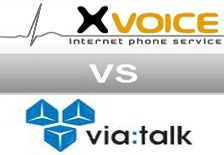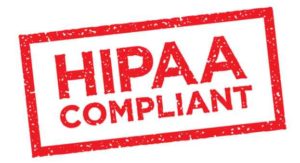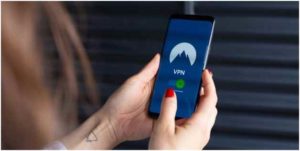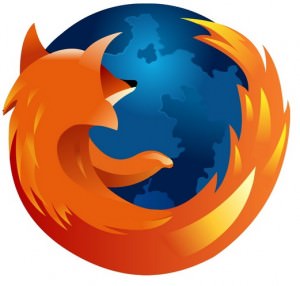How VPNs Protect Your Privacy When Working Remotely
Working remotely has become increasingly common, with more employees working from home or on the go. However, remote work comes with privacy risks, as you are often connecting to public Wi-Fi networks or using your personal devices. This is where virtual private networks (VPNs) come in to protect your privacy.
What is a VPN?
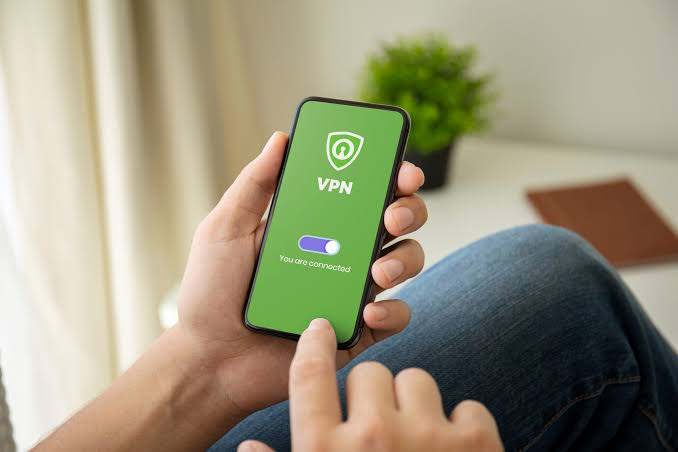
A VPN creates an encrypted tunnel between your device and a remote server operated by the VPN service. All internet traffic is routed through this tunnel, hiding your IP address and encrypting your data. This prevents hackers, your internet service provider (ISP), or government agencies from viewing your online activities. To learn more about VPN service and how they protect users’ privacy, you can check service providers’ websites.
Why Privacy Matters for Remote Workers
When working remotely, you likely handle sensitive company information and customer data. You have a responsibility to keep this secure. However, public Wi-Fi networks are notoriously insecure, putting your devices and data at risk of hacking or surveillance.
A VPN adds a critical layer of privacy by encrypting all internet traffic. This ensures customer data, internal communications, and your own private browsing remain hidden from prying eyes.
Top 4 Privacy Benefits of Using a VPN
- Hide your IP address – A VPN masks your real IP address, so your online activities can’t be traced back to you.
- Encrypt internet traffic – VPN encryption scrambles all data so it can’t be read by hackers or your ISP.
- Access blocked content – VPNs allow you to bypass censorship and access restricted sites and apps.
- Public Wi-Fi security – VPN encryption protects you from man-in-the-middle attacks on insecure public networks.
Select the Best VPN for Privacy
When selecting a VPN for privacy, you need one that offers robust encryption protocols (like OpenVPN), a strict no-logs policy, and servers in privacy-friendly countries. I recommend Surfshark as the top choice, with other good options including ExpressVPN, NordVPN, and Private Internet Access.
Additionally, make sure to enable the VPN app’s “kill switch” feature, which blocks internet access if the VPN connection drops unexpectedly.
Use a VPN Correctly for Maximum Privacy
To ensure your privacy is protected, follow this VPN best practice:
- Connect to the VPN app before going online
- Verify your IP address has changed to match the VPN server
- Always keep the VPN active when browsing the internet
- Never disable or disconnect the VPN when sending sensitive data
- Use trusted Wi-Fi networks whenever possible
The Bottom Line
VPNs are essential for any remote worker to protect their privacy, secure devices from attacks, and safely access company resources. By encrypting internet traffic and masking IP addresses, VPNs prevent sensitive company and customer data from falling into the wrong hands. With hackers targeting public Wi-Fi every day, a premium VPN service is one of the best investments you can make.
I recommend starting with a short-term plan to test out Surfshark or NordVPN. Use above-mentioned tips to configure your VPN app for optimal privacy, and you’ll have peace of mind that your work devices and internet activities are secured.

